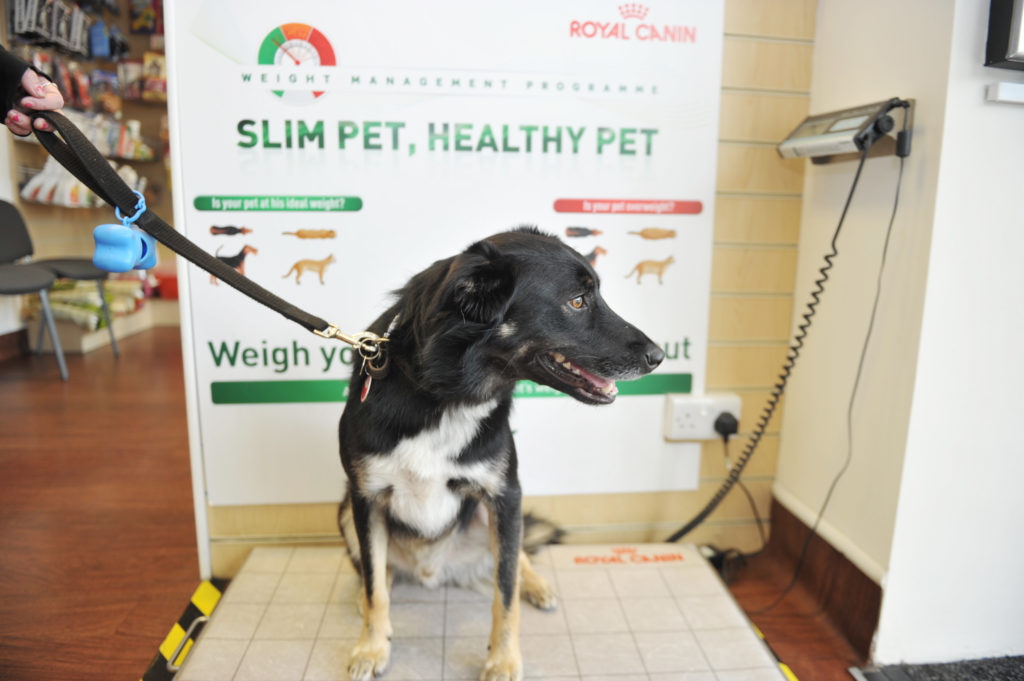
Not long after we pat our very full bellies after Christmas dinner, we kick start those healthy New Year’s resolutions by highlighting National Obesity Awareness Week – starting on Monday the 11th of January. Right after the festive season can seem a bit cruel, but with over 60% of the adults in our nation being overweight, it’s time to kick start healthier habits in 2021.
The financial impact of obesity on the NHS is huge; costing taxpayers over £6b a year in medical costs to treat obesity related health conditions such as diabetes, heart disease and some types of cancers – more than what is spent on the police, fire and judicial system! Obesity also has an effect on the wider economic development, at a cost of £27b.
The Increasing Trends
Although the trend in obesity as a nation has slowed down in the last 20 years, it is still on the rise. We are living more sedentary lifestyles than we were a generation ago, and it is also paired with how prevalent and affordable takeaway foods are. These foods usually contain higher levels of sugar, fat and salt as well as the portion sizes being bigger too. Our calorie and energy “ins and outs” just don’t match up anymore!
The goal of National Obesity Awareness Week
This campaign encourages people to “turn obesity around’ by creating awareness on how obesity impacts people’s health and also our everyday lives in society.
Some of the simple advice is about reversing the lifestyle we have now to the ones we had a few decades ago – cooking healthier meals at home, avoiding unnecessary snacking, increasing physical activity and getting more quality sleep by turning off our electronic devices at bedtime.
The NHS website has some great treatment tips for obesity and healthier lifestyles, including;
- Adults should do a minimum of 150 minutes of moderately intense exercise (or activities) a week. Even if it is in 10 minute bursts, or 3 lots of one hour sessions. This includes brisk walking, dancing, cycling or swimming. If you up the intensity of your workout, you can do less in a week to hit these fitness goals!
- Set realistic weight loss goals – just loosing 3% of your body weight if you are obese significantly reduces the risk of developing some obese-related health conditions. Most people advised to reduce their food intake by 600 calories a day to lose weight safely.
- Swapping out unhealthy processed snacks or fast foods for vegetables and fruits. If you don’t have high sugary and fatty foods in the house, you can’t eat them!
What about our four-legged friends?
Not all of our beloved pets are furry, fit and fabulous. In animal medicine, the trend is no different – over 45% of the pets in the UK are obese, despite almost 70% of pet owners thinking their pet is exactly the right size! Only a handful of owners weigh their pets themselves apart from the trips to the veterinary practice (which could be months or years apart) and only 1 in 10 clients have seen a Body Condition Chart when they do visit!
Cats and dogs are considered to be obese if they have a Body Condition Score (BCS) of over 8 when using the 1-9 scoring system, or 5 when using the 1-5 scoring system. These BCS correlate to a Body Fat Percentage (BFP) of >35% which is similar to the BFP in obese people.
When comparing the cost of treating obesity related conditions in pets, it amounts to £215m spent each year in veterinary practices, and mirrors the same types of health conditions that people suffer – diabetes, heart disease and also joint disease.
Let’s get started!
For the next week, try swapping out some unhealthy sugary tea room snacks for a fruit and vegetable platter and go for a 15 minute winter walk during your lunch break! And with January being #WalkYourDogMonth, we all benefit from the incentive to get moving!
